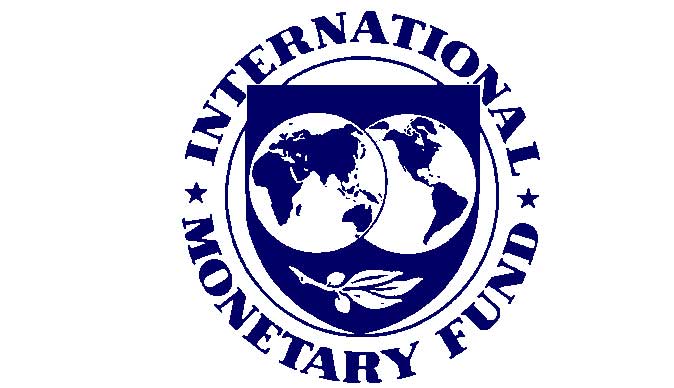The International Monetary Fund (IMF) has cut its 2021 growth outlook for sub-Saharan Africa’s largest economy to 1.7 per cent compared with a June forecast of 2.6%.
The new outlook, which was made public on Wednesday, at the ongoing virtual annual meetings of the IMF and World Bank, makes Nigeria the fourth-worst performer among nations measured by the IMF.
This is coming months after the release of the June 2020 World Economic Outlook (WEO) has offered a glimpse of how difficult rekindling economic activity will be while the pandemic surges.
The IMF staff survey, usually published twice a year, presents the IMF staff economists’ analyses of global economic developments during the near and medium term.
The report noted that during May and June, as many economies tentatively reopened from the lockdown, the global economy started to climb from the depths to which it had plunged in April.
It however added that, with the pandemic spreading and accelerating in places, many countries slowed reopening, and some are reinstating partial lockdowns.
While the swift recovery in China has surprised on the upside, the global economy’s long ascent back to pre-pandemic levels of activity remains prone to setbacks.
With the latest development, analysts have said Nigeria’s economy is poised to expand at less than half the pace needed by banks next year to avoid a spike in unpaid loans.
The banks need the economy to accelerate after restructuring about 40% of loans on their books that would’ve soured and should have been booked as non-performing loans.
Director for sub-Saharan African banks research at EFG-Hermes, Ronak Gadhia, said: “There’s no real sense the economy will bounce back to 4% to 5% growth.
“We expect banks’ credit quality to remain under pressure.”
Nigeria’s gross domestic product will probably shrink 4.3% for this year, the IMF said, as a lockdown to contain the Covid-19 outbreak, lower oil prices and rampant dollar shortages weigh on output. GDP last expanded by more than 3% in 2014.
Chief economist at Vetiva Capital, Mosope Arubayi said: “We won’t have as much money to drive the infrastructure plans that the government intends to implement to open up activities in different sectors of the economy.
“We’re not seeing a situation whereby oil prices will be significantly stronger next year.”
Cairo-based EFG predicts that Nigeria’s GDP will increase by 1% to 2% in 2021, “which is very low, and doesn’t help the banks from an asset-quality perspective,” the analyst said. Earnings per share at Nigerian banks could decline 65% this year, Gadhia said.

 Join Daily Trust WhatsApp Community For Quick Access To News and Happenings Around You.
Join Daily Trust WhatsApp Community For Quick Access To News and Happenings Around You.


